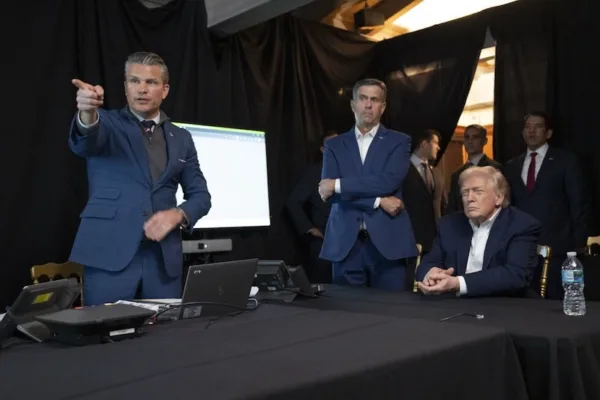Local Elections and Their Aftermath
The results of local elections in Turkey were not surprising to many observers and political analysts in the country. For the last three months public opinion polls have indicated another electoral victory for the AK Party and that they would take more than 40 percent vote in the local elections. The first results of the election demonstrate that this is the most likely scenario. This means a significant increase in AK Party votes compared to local elections in 2009. Despite some rumors on Twitter regarding possible irregularities in the voting and vote counting, elections in Turkey has been quite fair and transparent while nobody is expecting a major irregularity that can change the election results.
Contrary to the expectations of some analysts and coalition attempts of grassroots elements of the opposition parties, although most of the results are too early to call, it seems that AK Party will keep most of the metropolitan cities, including Istanbul and will win the elections in a few other cities, in which it lost in 2009. Since the elections became a near referendum following the Dec. 17 operations and its aftermath, the results can also be interpreted as public support and a “vote of confidence” for Erdoğan and his government in this critical phase of Turkish political life.
There will be significant domestic political and foreign policy repercussions of these elections, which I have discussed in several previous columns. But probably the most significant message of the voters will go to opposition parties.
The Republican People’s Party (CHP) and Nationalist Movement Party (MHP) one more time failed to appeal to the masses and defeat the AK Party, even under such a difficult and challenging time for the AK Party government. Following this election opposition parties will most likely have some form of leadership struggle due to the failure to win elections. However it is not clear if this leadership struggle will turn into a meaningful transformation in the message, organization and leadership of the opposition parties.
The elections results also demonstrate that it is appropriate to take the comments of foreign policy experts in different capitals on Turkish domestic politics with a grain of salt. Some of these experts may fail to take into account significant political dynamics and fail to understand the opinions of the public while sharing their observations on Turkey. In recent months, there were numerous opinions raised from the different capitals about the end of the AK Party and Erdoğan’s government and some even started to discuss a post-Erdoğan period. These analysts need to reevaluate if they have a selection bias in the data that they are using to analyze Turkish politics. In the aftermath of this election, there are two important elections in the next 16 months. First of all, Turkish voters will vote for the first time in a presidential election in August.
Following this, general elections will be held in July 2016. During this 16-month period Turkish politics will face significant developments. In this period opposition parties have to engage in significant self-criticism and evaluation and experts in different capitals need to be more careful about the information that they are picking up from the Turkish domestic sphere.
This article was originally published in Daily Sabah on March 31, 2014.




















